Types of Licenses
Discover the different types of licenses provided by the Spectrum Management Authority (SMA) and learn about their purposes and requirements.
Overview
Streamline Your Mobile Operations with a Spectrum License from SMA
Applying for a mobile spectrum license with SMA is a simple process. Follow these steps to get started.

Licensing Process: A Step-by-Step Guide to Obtaining a Spectrum License.
Submission of completed customer and technical information forms is the standard requirement when applying for licences, authorisation and/or certification. The exception applies for domestic mobile licences. The process and requirements vary according to categories of licence, certification or authorisation.
Understand
The Licensing Process
Step 1
Determine License Type: Identify the type of license needed based on your specific requirements.
Step 2
Account creation: Create account on SMA E-licensing platform.
Step 3
Prepare Application: Gather the necessary documentation and complete the application form.
Step 4
Processing Fee: Make payment of application processing fee.
Step 5
Technical Review: SMA’s review of all technical application details for compliance.
Step 6
Application Results: Approval/Rejection of application.
Step 7
Spectrum Licensing Fee: Make payment of spectrum licensing fees.
Step 8
License Granted: Access your license through our E-Licensing platform.
Discover
Various License Types and Descriptions
Explore the different license types offered by the Spectrum Management Authority and their brief descriptions.

Maritime Radio License
A license that is required for the use of the internationally allocated radio service, crucial for safety of life and property at sea and on inland waterways, enabling ship-to-ship and ship-to-shore communication
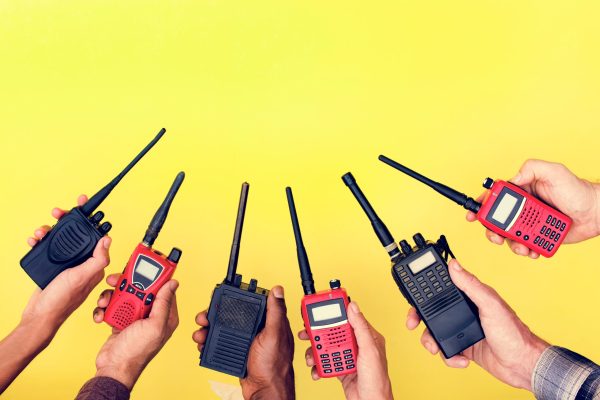
Land Mobile License
Land Mobile Radio License (LMR) is a license that allows the use of wireless, two-way communication system used for critical communications, primarily by public safety organizations and commercial industries, enabling secure and instant communication.
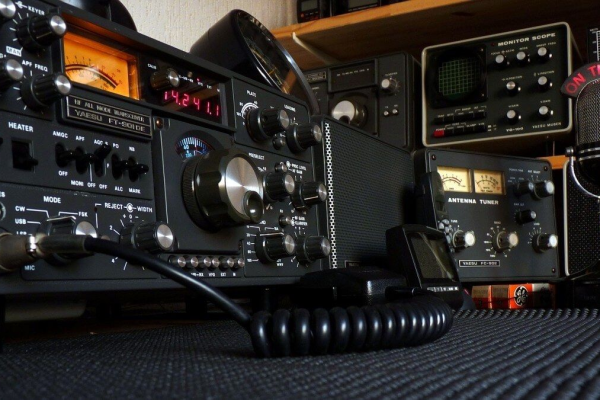
Amateur Radio License
Amateur radio License, (ham radio), is a license that allows the use of radio frequency spectrum for purposes of non-commercial exchange of messages by the users.
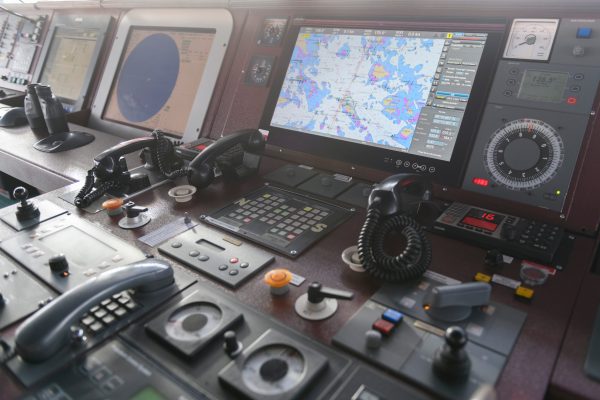
GMDSS License
The Global Maritime Distress and Safety System (GMDSS) license is granted for use of internationally agreed-upon set of safety procedures, equipment, and communication protocols designed to enhance safety and facilitate rescue of distressed ships, boats, and aircrafts at sea.

Type Approval Certificate
Type approval Certificate – is granted to a product that meets a minimum set of regulatory, technical and safety requirements.

Radio Technician License
Authorizes individuals to operate amateur radio equipment.

Domestic Mobile License
A license that enables companies to provide mobile and wireless broadband services to customers, facilitating high- speed internet access and connectivity on-the-go.
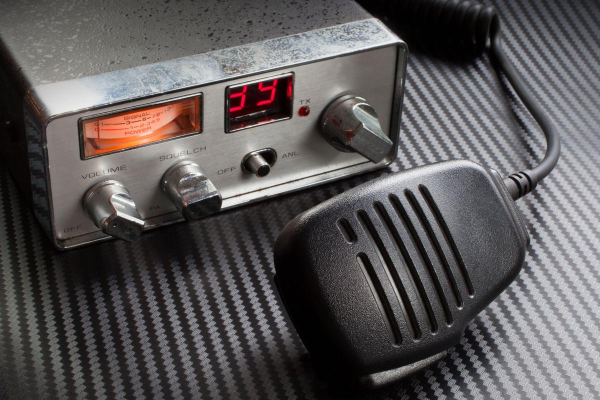
Citizens Band License
Citizens band radio License (CB radio) is a license granted for the use of a system of short-distance radio communications between individuals typically on a selection of 40 channels within the 27 MHz (11 m) band.

Broadcasting License
A license that enables companies to provide broadcasting service in which the transmissions are intended for direct reception by the general public. This service may include sound transmissions, television transmissions or other types of transmission.
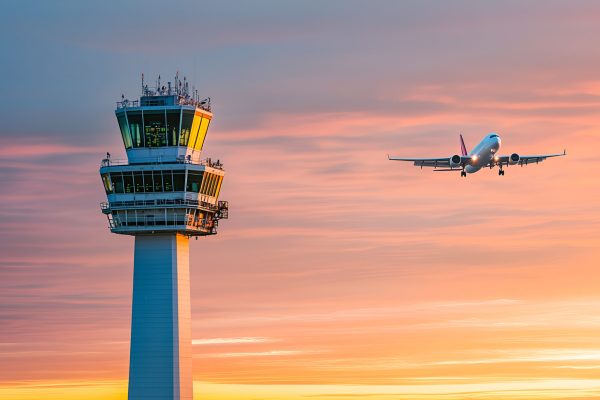
Aeronautical License
Aeronautical license grants use of spectrum for the operation of a radio navigation service designed for the safe operation of aircraft, encompassing systems like VOR, DME, and GNSS, which provide navigation and communication support.
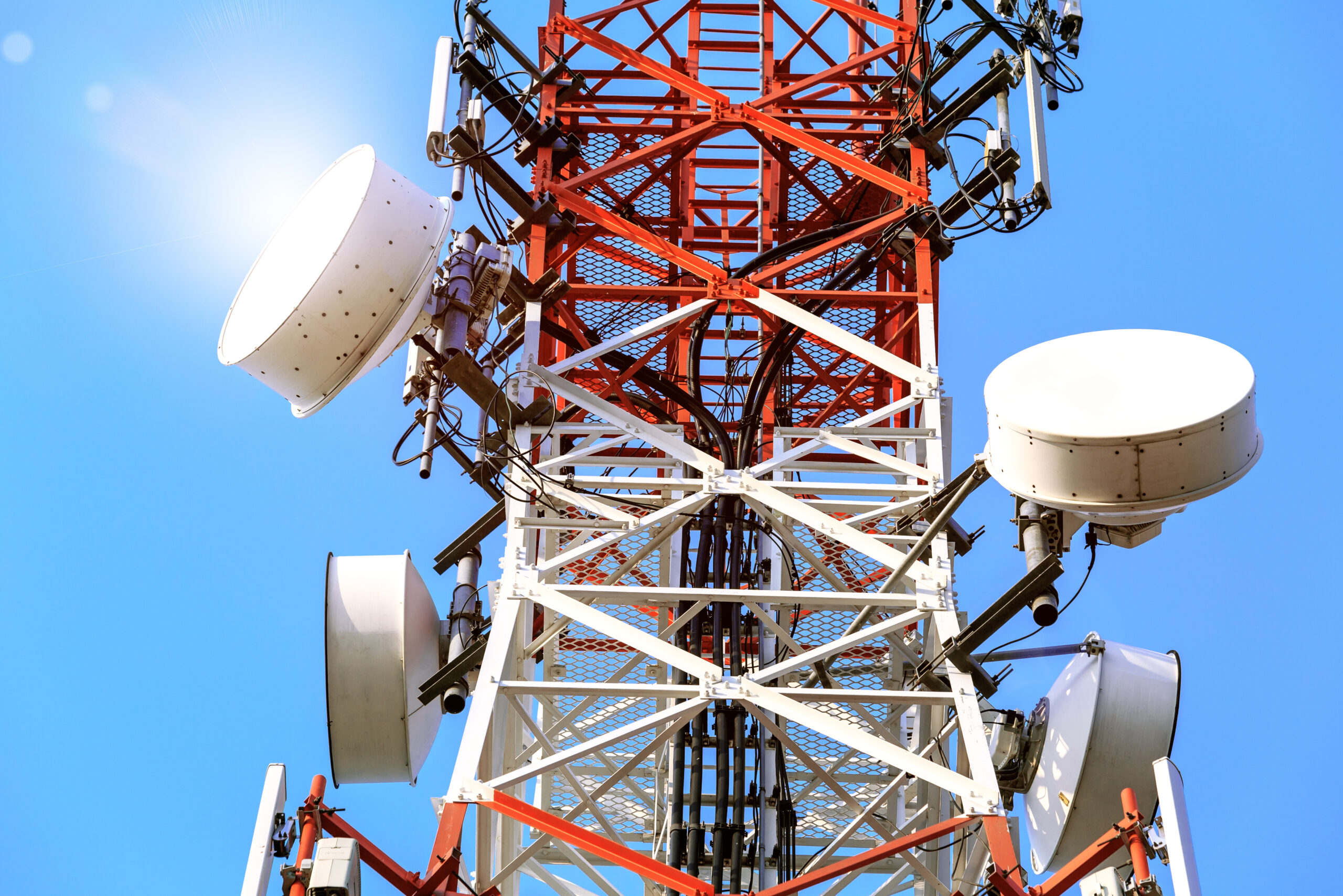
Fixed Link License
A licence that enables companies to provide communication between two or more fixed locations using radio waves, offering an alternative to wired connections like fiber optic cables, also known as a fixed wireless link or microwave link,
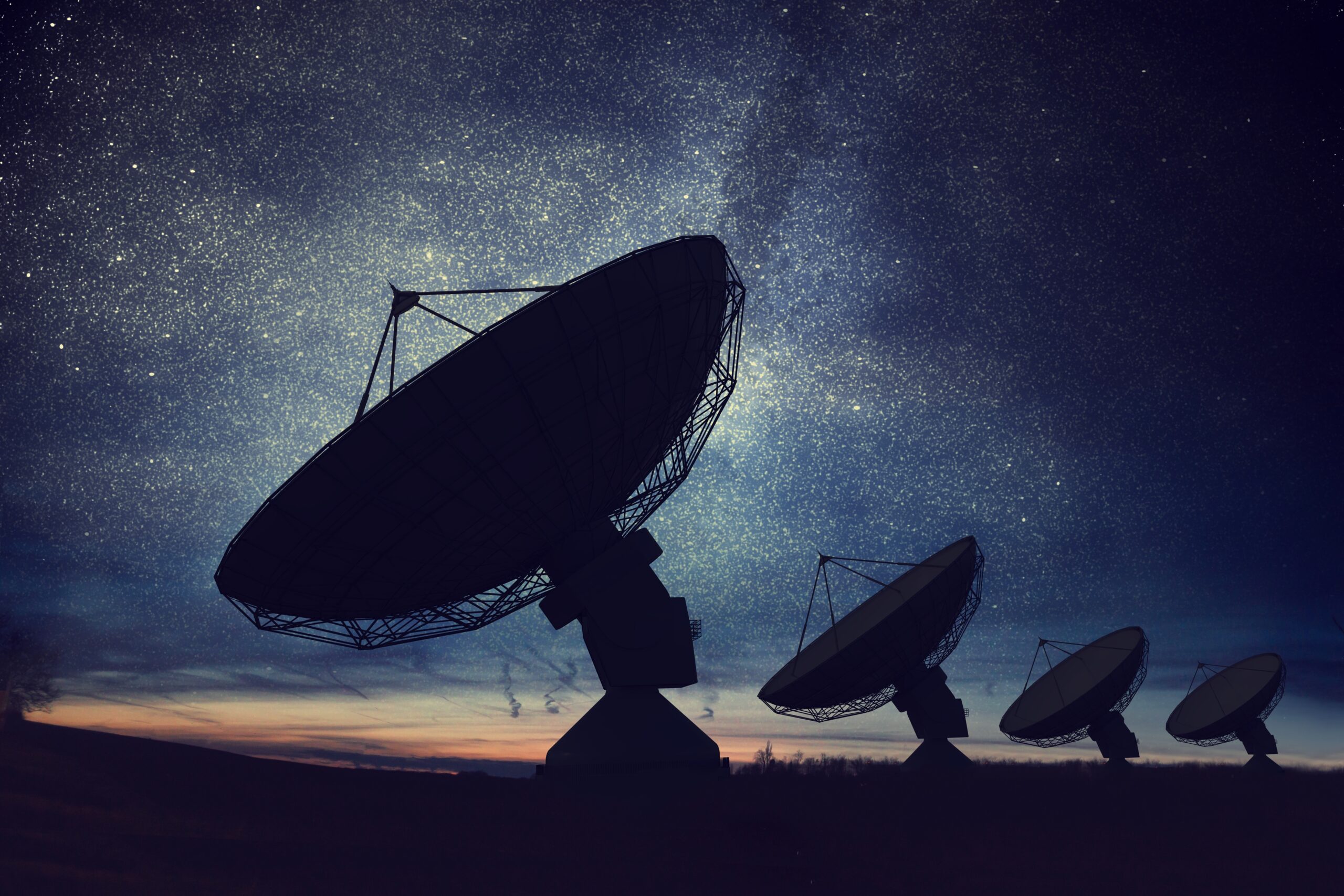
VSAT/Satellite Earth Station License
VSAT license that grants the use of satellite communication technology that uses small, portable satellite dishes to transmit and receive data, voice, and video via satellites.
Who can apply for a spectrum license?
In Jamaica, anyone using the radio frequency spectrum, unless otherwise stated, needs a spectrum license according to the Telecommunications Act 2000, and applications are accepted from both manufacturers of equipment/authorized institutions and individual users for specific equipment.
How do I apply for a spectrum license, certificate or authorization?
To obtain your spectrum license, confidently take the first step by signing up for our E-licensing platform. Once registered, you can seamlessly submit your application for the required license type.
Can I pay my application fees online?
Absolutely! You can confidently submit your payment through our secure E-licensing platform. Additionally, we offer a variety of alternative payment options to ensure your convenience.
How long will the licensing process take?
The licensing process is crucial and varies in duration based on the specific license type you apply for. This variance is designed to ensure that each application receives the attention it deserves, accommodating the unique requirements associated with different licenses.
What is the duration of a spectrum license?
License durations can vary based on their type, ensuring that each specific use case is adequately addressed. From short-term permits to long-term licenses, each is designed to meet distinct needs and regulatory requirements.
Apply for Mobile Spectrum Licensing
Get authorized to use the mobile spectrum and expand your services.

